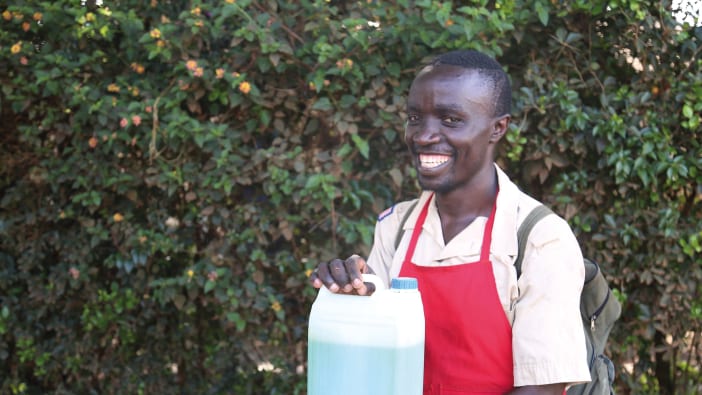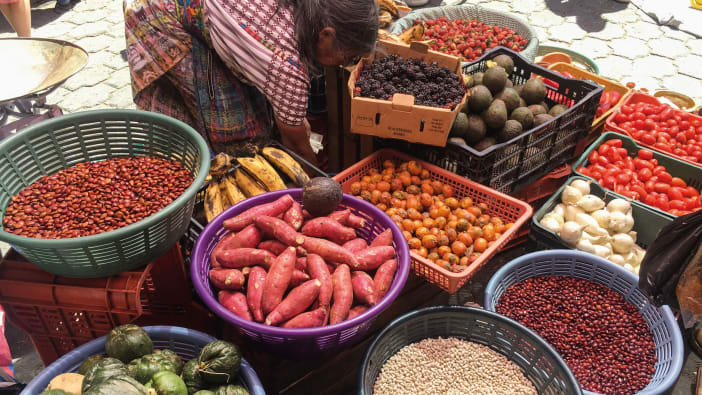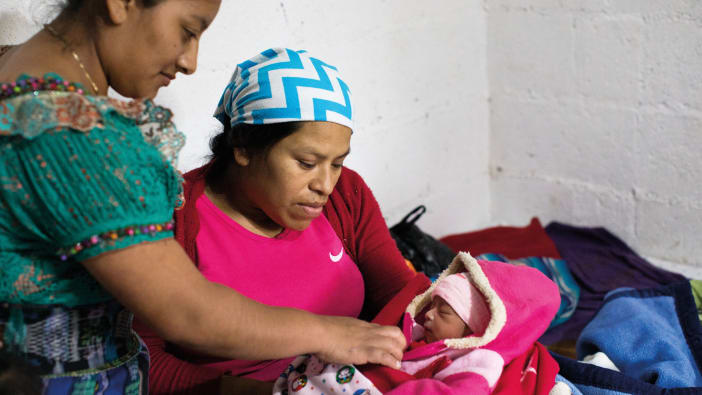Malaria is a serious and growing problem world-wide, with about 2.5 million people dying as a result of malaria each year. The malaria parasites increasingly develop resistance to the well-known malaria drugs. New drugs are being developed, but these are often extremely expensive and not easily obtained. However, traditional medicine seems to be providing new hope.
The plant Artemisia annua (wormwood) is the oldest known anti-malarial treatment, having been used in China for over 2,000 years. It contains the drug artemisinin.
Artemisinin clears malaria parasites from the blood more quickly than any other drugs and works well against Plasmodium falciparum parasites that are resistant to other drugs.
Artemisinin production
Artemisinin is now available as commercially produced products, which cost between $3 to $20 per treatment. If demand rises, prices are likely to fall further.
Artemisinin drugs must be given for at least five, preferably seven days, if used on their own. Shorter courses are useful if combined with other anti-malarial drugs. This ‘combination therapy’ is a good way forward for preventing multidrug resistance in the future.
Artemisinins have not been found to have any serious side effects after thousands of treatments.
The Anamed hybrid
Anamed have also developed a particular variety of Artemisia annua that has a consistently high concentration of artemisinin. This hybrid grows up to two metres high with many leaves. If quantities are grown in a medicinal garden and processed carefully and accurately, Artemisia annua var anamed can help a hospital to have cheap and effective malaria treatment. The seeds of artemisia are very small and sensitive and need a great deal of care. Anamed can provide seed of this variety with full instructions (see page 14). Though expensive, this could prove an invaluable investment. Once well established, cuttings can be taken from the plants for easy distribution throughout an area.
Drug resistance
The WHO has asked that artemisinin and other drugs obtained from Artemisia annua are used only to treat malaria, not as a preventative medicine. They also recommend that it is used together with other anti-malarial drugs to prevent resistance.









